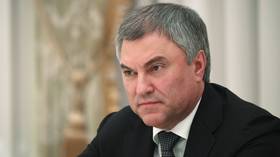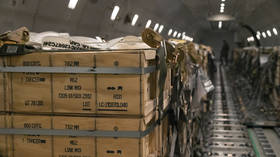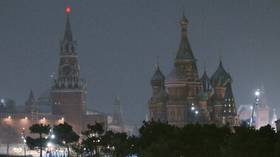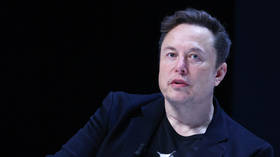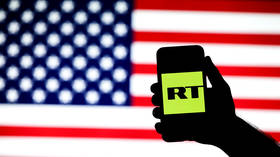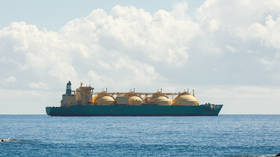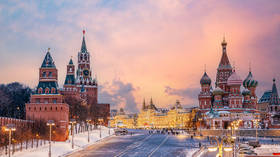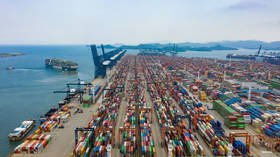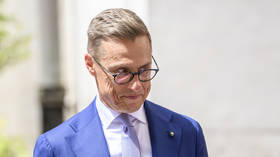US sets intelligence ‘rules’ for Ukraine – media
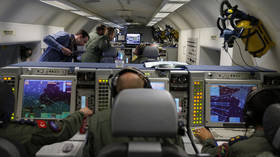
The US has developed rules on sharing intelligence with Ukraine that would give Washington plausible deniability while providing Kiev with as much information as possible to attack the Russian military. This is according to the Washington Post, quoting unnamed officials, on Wednesday, after days of media claims about the extent of Americaninvolvement in the conflict.
The US is giving Kiev real-time information about the location and movement of Russian forces, including satellite imagery and intelligence from “sensitive” sources, US and Ukrainian officials told the outlet. One Ukrainian described the information as “very good. It tells us where the Russians are so that we can hit them.”
Last week, however, the anonymous officials apparently shared a little too much with the media, crediting US intelligence with the – alleged – Ukrainian missile strike on the Russian cruiser Moskva in April. On Friday, NBC News reported that President Joe Biden personally told both the CIA and the Pentagon to stop leaking to the media, calling it counterproductive.
The chairman of Russia’s State Duma, Vyacheslav Volodin, reacted to that report by saying the US was taking direct part in hostilities in Ukraine and that its leaders should be added to “the list of war criminals.”
Officials who spoke to the Post were eager to explain that the US has technically not crossed that line. The White House has banned the sharing of two types of intelligence, they said. The first is “detailed information that would help Ukraine kill Russian leadership figures, such as the most senior military officers or ministers,” but not generals in the field. The second prohibited category includes any information pertaining to targets on Russian territory, and is “meant in part to keep the United States from becoming a party to attacks that Ukraine might launch inside Russia,” according to the Post.
Both rules appear to address recent Western media reports claiming that US intelligence has helped the Ukrainians sink the Moskva and kill several Russian generals.
While the US is “self-limiting to strategic leadership on paper,” it is not “actively helping [Ukrainians] kill generals of any kind,” one senior Pentagon official reportedly told the Post. So if a particular general is spotted at a location, the US will not tell Ukraine this – but will share information about the location of command and control facilities, where Russian senior generals tend to be present, other officials said. According to their explanation, if Ukraine then chose to attack such a facility and kill a Russian general in the process, technically the US wouldn’t have “targeted” him and Washington’s hands would be clean.
Similar sophistry was invoked in the Pentagon’s official explanation of the US role in the alleged attack on the Moskva, with officials saying only that US intelligence “helped confirm” the ship’s identity to the Ukrainians, which reportedly led to the decision to use the scarce Neptune missiles against the cruiser. According to Kiev and the Pentagon, the Ukrainian military fired two Neptunes and struck the Moskva. Russia said the cruiser was damaged in an on-board ammunition explosion and later sank in stormy seas.
Russia attacked the neighboring state in late February, following Ukraine’s failure to implement the terms of the Minsk agreements, first signed in 2014, and Moscow’s eventual recognition of the Donbass republics of Donetsk and Lugansk. The German- and French-brokered protocols were designed to give the breakaway regions special status within the Ukrainian state.
The Kremlin has since demanded that Ukraine officially declare itself a neutral country that will never join the US-led NATO military bloc. Kiev insists the Russian offensive was completely unprovoked and has denied claims it was planning to retake the two republics by force.
